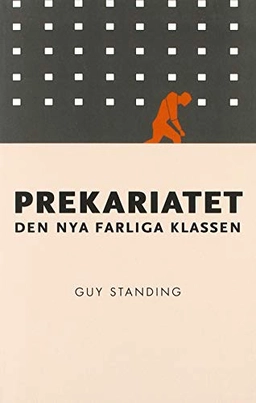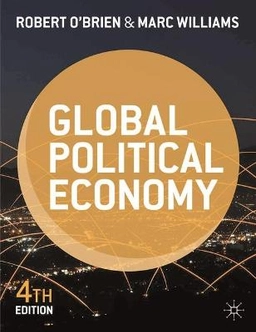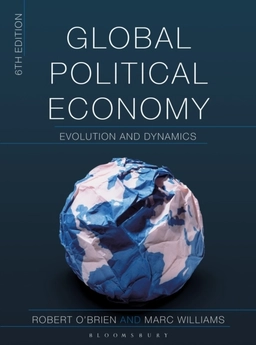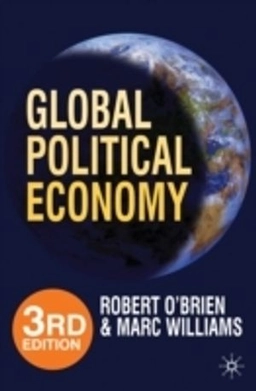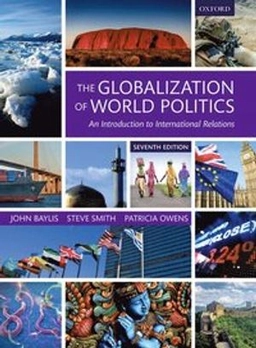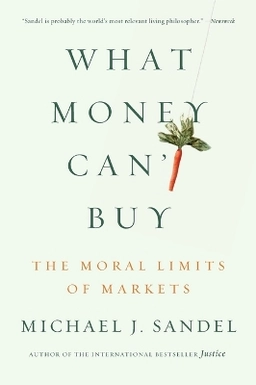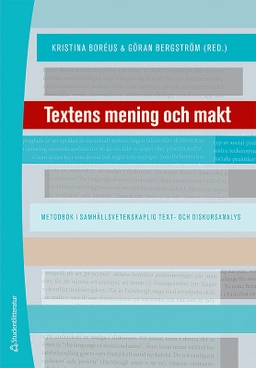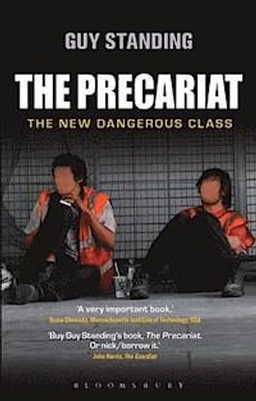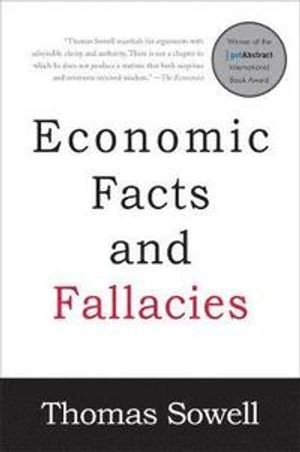

Economic facts and fallaciesUpplaga 2
- Upplaga: 2a upplagan
- Utgiven: 2011
- ISBN: 9780465022038
- Sidor: 304 st
- Förlag: Basic Books
- Format: Häftad
- Språk: Engelska
Om boken
Åtkomstkoder och digitalt tilläggsmaterial garanteras inte med begagnade böcker
Mer om Economic facts and fallacies (2011)
2011 släpptes boken Economic facts and fallacies skriven av Thomas Sowell. Det är den 2a upplagan av kursboken. Den är skriven på engelska och består av 304 sidor. Förlaget bakom boken är Basic Books.
Köp boken Economic facts and fallacies på Studentapan och spara uppåt 15% jämfört med lägsta nypris hos bokhandeln.
Referera till Economic facts and fallacies (Upplaga 2)
Harvard
Oxford
APA
Vancouver


